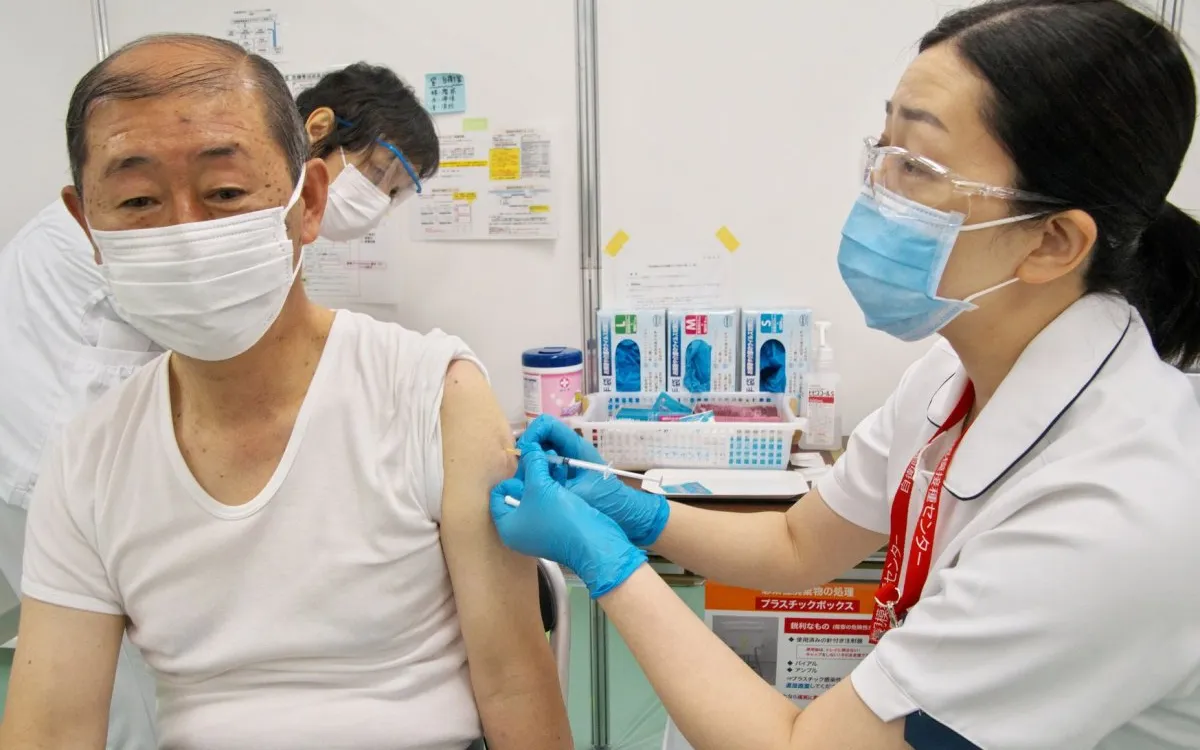
The shingles vaccine not only offers crucial protection against the painful skin infection known as shingles, but recent research indicates it may also contribute positively to heart health. According to a comprehensive study presented at the European Society of Cardiology's annual meeting in Madrid, vaccination against shingles may lower an individual's risk of experiencing a heart attack or stroke.
Dr. Charles Williams, the global associate medical director for global medical affairs-vaccines at GSK, shared insights from the evidence review, stating, "We looked at the currently available evidence, and found that in this analysis, vaccination against herpes zoster was associated with a lower risk of cardiovascular events, such as heart attacks or strokes." This highlights the potential dual benefits of the shingles vaccine beyond its primary purpose of preventing shingles.
Shingles is caused by the reactivation of the varicella zoster virus, the same virus that leads to chickenpox. After an individual recovers from chickenpox, the virus can remain dormant in their nervous system for years. As the immune system weakens with age, the virus can reactivate, resulting in shingles. Research suggests that approximately 1 in every 3 individuals who have had chickenpox will develop shingles unless they receive the vaccine.
The U.S. Centers for Disease Control and Prevention (CDC) recommends the shingles vaccine for individuals aged 50 and older, as well as for those aged 19 and above who have immune system deficiencies. This recommendation underscores the importance of vaccination in preventing both shingles and its associated health risks.
In the recent review, researchers analyzed data from nine previous studies to assess the potential cardiovascular benefits of the shingles vaccine. The findings revealed that vaccination reduced the risk of heart attack, stroke, and other heart-related health events by 18% among adults aged 18 and older. For adults aged 50 and older, the risk reduction was noted to be 16%. This significant data indicates a strong correlation between shingles outbreaks and an increased risk of cardiovascular events.
While the findings are promising, researchers cautioned that eight of the studies included in the review were observational. This means that while a correlation between vaccination and reduced heart-related risks was observed, a direct cause-and-effect relationship cannot be definitively established. Dr. Williams emphasized that the primary focus of these studies was on the prevention of shingles within the general population, which may limit the applicability of the results to individuals at higher risk for cardiovascular events. This highlights the necessity for further research in this area.
GSK, the manufacturer of the shingles vaccine Shingrix, supports the ongoing research into the broader health benefits of vaccination. It is important to note that findings presented at medical meetings should be considered preliminary until published in a peer-reviewed journal. For more information on shingles and its potential impact on heart disease, resources are available through organizations like the AARP.
Copyright © 2025 HealthDay. All rights reserved.